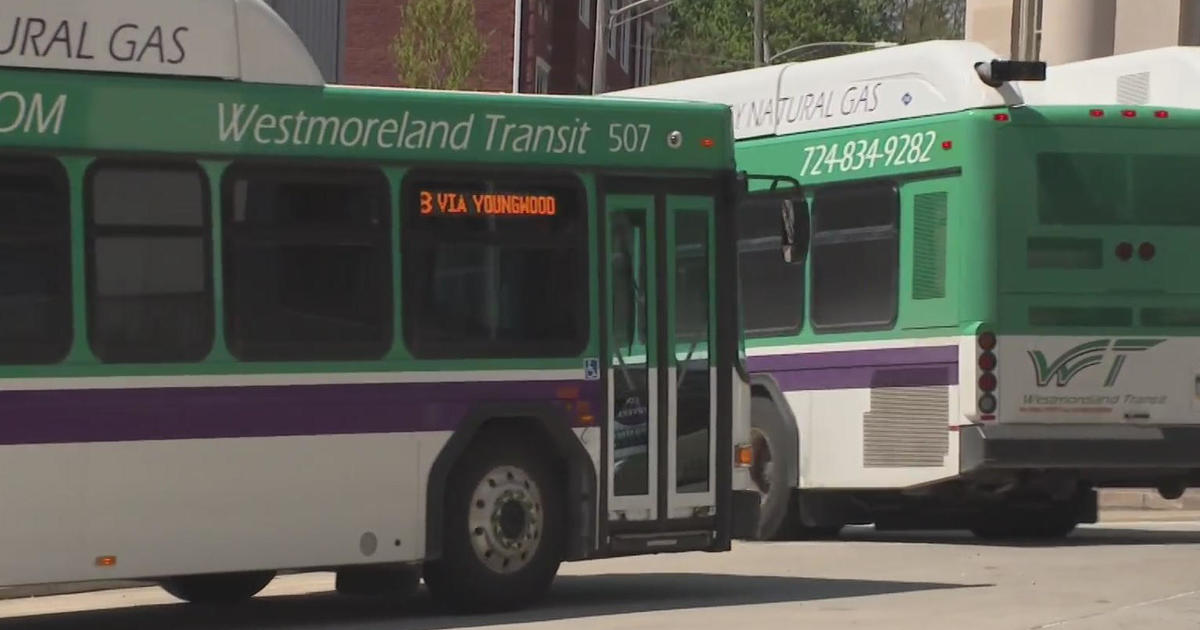Expert: Doctor Shortage Caused By Congress' Failure To Deal With Residency Reimbursement
PITTSBURGH (KDKA) -- Friday was "match day" at medical schools across the country, including the University of Pittsburgh's medical school.
"It's everything we look forward to, from the day we get our white coats until today. It's where we're going to spend three to seven years of our residency," said Nick Welko, a Pitt medical student.
On "match day," fourth year medical students get matched with the hospital where they can begin their residency to become trained physicians in their specialties.
"I'm so excited. I'm going to be doing general surgery at Johns Hopkins Hospital," noted Alexis Chidi, another med student.
But a new study confirms a growing physician shortage in the coming decade.
"There's a shortage of up to 105,000 physicians in the United States," Dr. Janis Orlowski told KDKA money editor Jon Delano on Friday.
Orlowski is chief health care officer with the Association of American Medical Colleges, and she says just as Baby Boomers reach their elder years, the doctor shortage gets worse.
Join The Conversation On The KDKA Facebook Page
Stay Up To Date, Follow KDKA On Twitter
"The number of individuals over the age of 65 will be going up about 46 percent in the next decade."
In fact, over the next five years, one-third of all doctors will be over 65.
While Baby boomers are healthier and are living longer, she notes, "They may have complex concrete diseases that they need to continue to treat as they age."
While these medical students at the University of Pittsburgh were able to get their match to continue their medical training, the real question is how will we get more doctors into the system to take care of us over the next decade.
The number of students in med school is up 27 percent, but, says Pitt med student Patrick Polsunas, "Each year thousands and thousands of people go unmatched. They're not enough residency positions."
Turns out Congress created the problem in 1997 by capping the number of hospital residencies eligible for Medicare reimbursement.
"That cap, which is now 20 years old, has to be lifted," says Orlowski.
No indication yet of when Congress will do that.



